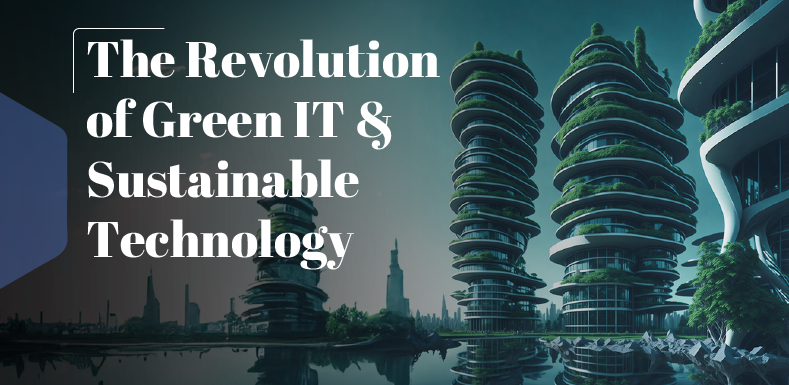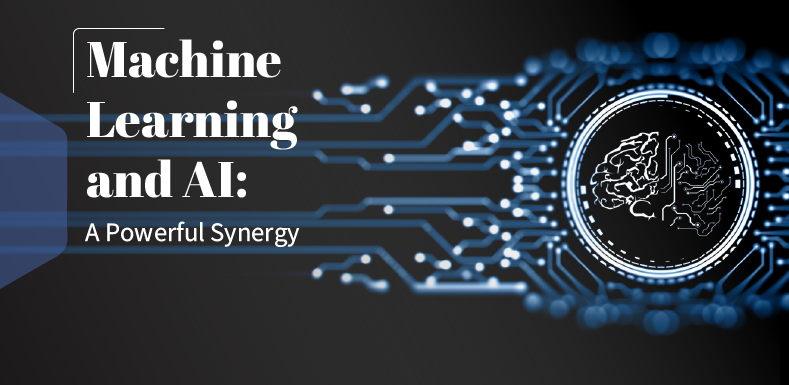
![]()
Now that our world is being shaped by an increasing number of technological advancements, the concept of sustainability has gained massive importance. The integration of Green IT and sustainable technology has emerged as a revolutionary paradigm, offering not only environmental benefits but also significant advantages for both economies and societies. This article looks deep into the transformative impact of embracing eco-friendly practices within the realm of technology.
Green IT: Paving the Path to a Greener Future
Energy efficiency redefined
Green IT, also known as Green Information Technology, represents a fundamental shift towards energy-efficient computing. This approach focuses on reducing the carbon footprint associated with technology operations. It involves optimizing data centers, employing energy-efficient hardware, and implementing intelligent cooling systems so that businesses can significantly lower their energy consumption while maintaining optimal performance.
Sustainable manufacturing practices
The journey towards sustainable technology begins at the manufacturing stage. Companies are now adopting eco-friendly practices, using recyclable materials and minimizing the presence of hazardous substances in their products. In addition to reducing their environmental impact, this also encourages a circular economy, where products are designed to be easily repurposed or recycled.
Extended product life cycle
Embracing sustainability also entails moving away from the disposable culture. Manufacturers are now developing devices that have longer life cycles and are easier to upgrade or repair. This approach not only reduces electronic waste but also presents cost-saving opportunities for both consumers and businesses alike.
The Intersection of Technology and Sustainability
Renewable energy
One of the cornerstones of sustainable technology is the use of renewable energy sources. Companies are now integrating solar panels, wind turbines, and kinetic energy harvesters into tech infrastructure to power devices and operations, minimizing their reliance on non-renewable resources.
IoT and smart resource management
The Internet of Things (IoT) has transformed the way we interact with our surroundings. In the realm of sustainability, IoT plays a key role in managing resources smartly. From smart thermostats that optimize energy usage to sensors that monitor water consumption, IoT-driven solutions enable efficient resource utilization, reducing waste and inefficiency.
The Economic Imperative
Achieving cost efficiency through efficiency
Contrary to the misconception that sustainability comes at a high cost, embracing green practices often leads to increased cost savings. Energy-efficient technologies lower operational expenses, and the reusability of components reduces manufacturing costs. Additionally, companies with strong sustainability practices tend to attract environmentally conscious consumers, thereby expanding their market share.
Fostering innovation
The pursuit of sustainable technology drives innovation. Companies are investing in research and development to create cutting-edge solutions that are both technologically advanced and environmentally friendly. This dual focus not only positions businesses as pioneers but also contributes to addressing pressing global challenges.
Transitioning Towards a Sustainable Future
Collaborative ecosystems
The shift towards sustainable technology requires collaboration among various stakeholders. Governments, businesses, research institutions, and consumers must work collectively to drive change. Regulatory incentives, funding for green initiatives, and consumer awareness campaigns play a crucial role in shaping a sustainable tech landscape.
Education and awareness
Raising awareness about switching to sustainable technologies is more important than ever. Educational initiatives can empower individuals by providing them with the knowledge to make conscious choices. When individuals understand the impact of their technological footprint, they can engage in more responsible practices as consumers, show more support for sustainable products, and, therefore, contribute to a greener future.
In conclusion, the fusion of technology and sustainability has paved the way for monumental advancements. The era of Green IT and sustainable technology is not just a trend but a necessity. As we navigate a future intertwined with technology, embracing eco-friendly practices becomes pivotal in ensuring a balanced coexistence between innovation and the environment.
Remember, embracing sustainable tech is not just about the present—it’s an investment in a brighter and greener tomorrow. Let’s embark on this journey together, where innovation and sustainability go hand in hand.
Let’s shape the future today for a better and sustainable tomorrow.




